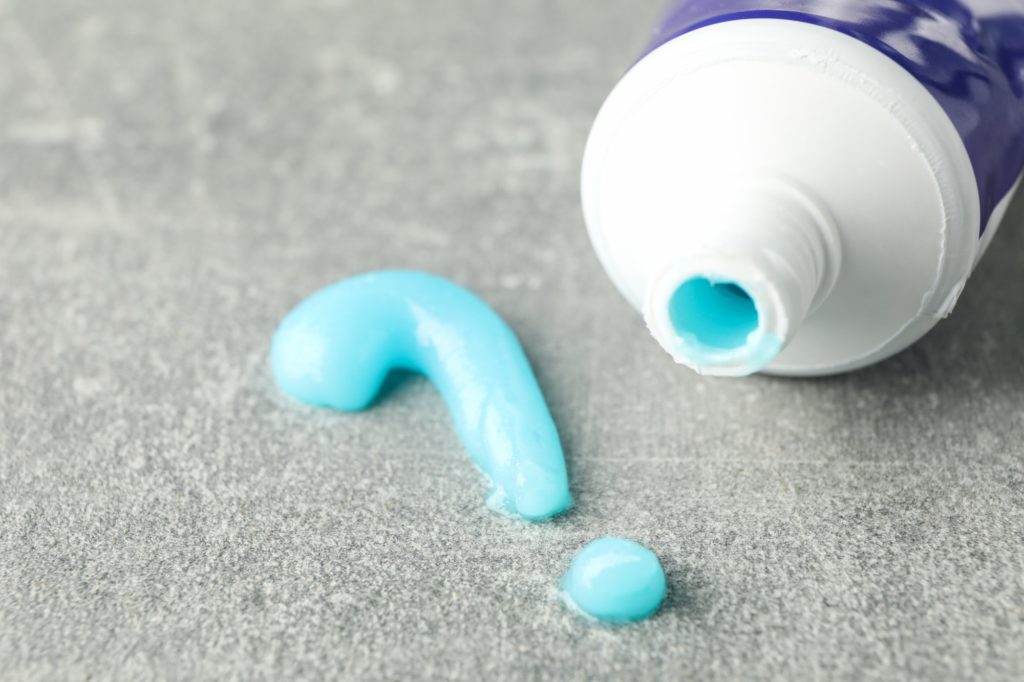What is Transient Lingual Papillitis and How is it Treated?

Learn more about Transient Lingual Papillitis, a fairly common condition also known as lie bumps, including causes and treatment.
Table of Contents
What is Transient Lingual Papillitis?
Transient lingual papillitis is a condition of the body also known as lie bumps. These are small bumps with red or white color which grow on the tongue. They are painful bumps that appear frequently but resolve independently without medical intervention – may appear as small pimples on the tongue.
What are the Causes of Transient Lingual Papillitis?
If you’re reading this article, you’re probably wondering; how do you get Transient Lingual Papillitis? The exact cause of transient lingual papillitis remains unknown. However, experts believe that it occurs as a result of one or more triggering factors, and a number of factors have been linked to causing TLP, including infection, chronic trauma, head injury, or even eating spicy or acidic foods. Your doctor or dentist will diagnose this condition by reviewing your medical history and performing a full mouth examination. On rare occasions, a biopsy can be performed.
Main Causes
- Underlying infection, either viral or bacterial (this is commonly associated with eruptive lingual papillitis)
- Low-grade chronic irritation or trauma from sharp-edged/fractured teeth or wearing an orthodontic appliance
- Stress
- Sleep deprivation
- Poor nutrition
- Heat injury to the tongue
- Eating spicy or acidic foods (for example, foods made with cinnamon or capsaicin)
- Excessive smoking or alcohol intake
- Using certain oral hygiene products
- Hormone fluctuation (for example, during menstruation or menopause)
- It may also be associated with atopic disease (like eczema)
What are the Treatments for Transient Lingual Papillitis?
Usually the treatment of transient lingual papillitis is simple, and your doctor or dentist may recommend therapies such as saltwater rinses, cold foods, or topical corticosteroids — that can soothe any discomfort you may have in your tongue or mouth. As with any illness or injury, you should consult your health care provider for diagnosis and treatment options as soon as possible.
Potential Treatments
- Saltwater rinses
- Cold drinks and foods
- Anesthetic or antiseptic mouthwashes
- Topical steroids, like triamcinolone acetonide 0.1% dental paste
- Avoiding irritating gums, candies, or oral hygiene products
*Eliminating triggers to prevent recurrence of the condition may also be recommended
Transient Lingual Papillitis FAQs
Transient Lingual Papillitis (TLP), also known as “lie bumps,” is usually diagnosed based on the characteristic appearance of the papillae or bumps on the tongue. A dentist or a doctor can see these bumps during a physical tongue examination.In some circumstances, the medical professional may inquire about the patient’s symptoms, such as pain or discomfort, and whether they recently ate hot or spicy meals or acidic foods or experienced tongue injuries. This data may support the diagnosis of TLP.
Although it is rarely necessary, a biopsy can be done to confirm the diagnosis in some situations. The self-limiting nature of TLP must be remembered; it typically goes away on its own within a few days to a week. Instead of treating the problem, treatment typically focuses on controlling symptoms, such as pain or discomfort.
Transient Lingual Papillitis (TLP) cannot be spread from one person to another through contact, saliva, or any other means because it is not a virus or bacteria. As a result, it is not regarded as a contagious disease. But some illnesses, like oral herpes or canker sores, can spread quickly and cause bumps or sores on the tongue. Always seek medical advice from a professional if you are unclear of the cause of your symptoms to receive an accurate diagnosis and the best course of action.
Some symptoms are small, white, or red bumps on the tongue, pain or discomfort when eating, drinking, or talking, changes in flavor, tingling or burning sensation on the tongue, and swelling or inflammation are all signs of TLP. TLP is a self-limiting disorder; therefore, it usually resolves independently without any therapy within a few days to a week. However, speaking with a healthcare professional for a precise diagnosis and the best course of action if you experience severe pain, difficulty eating or drinking, or other unsettling symptoms is best.
A healthcare provider, such as a dentist or doctor, can diagnose TLP during a physical examination of the tongue. The medical professional may occasionally inquire about the patient’s symptoms, such as pain or discomfort, as well as any recent intake of spicily prepared foods, acidic foods, or tongue injuries.
Rarely is a biopsy required to confirm the diagnosis. TLP is a self-limiting disorder; therefore, controlling symptoms is usually the primary goal of treatment rather than eradicating the condition.
